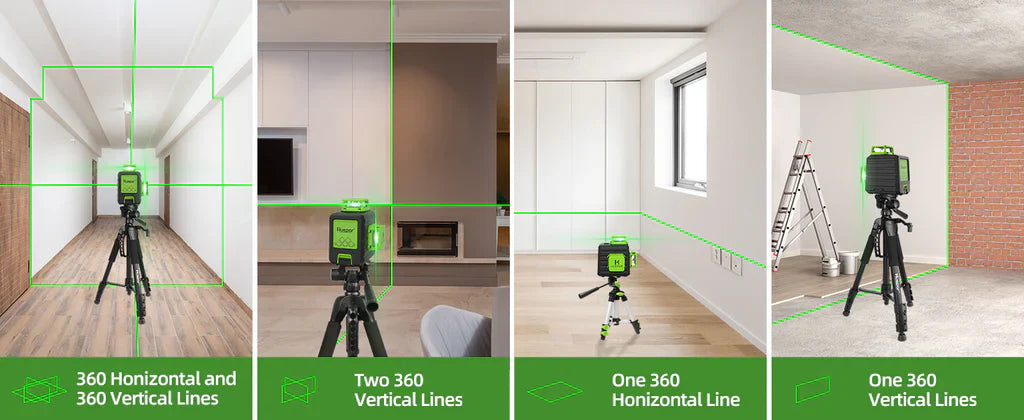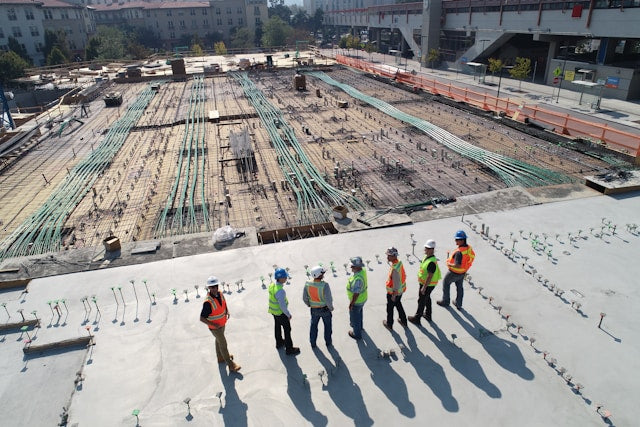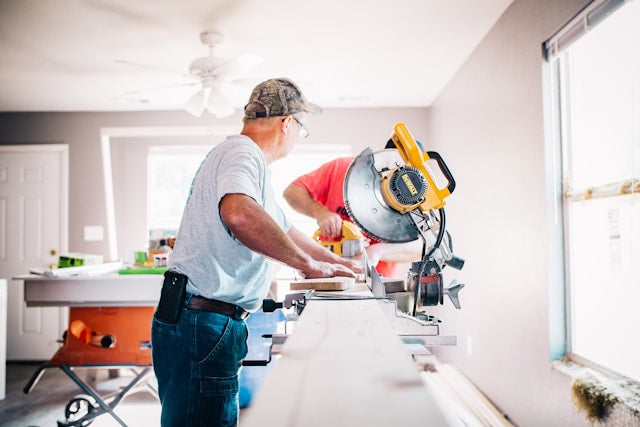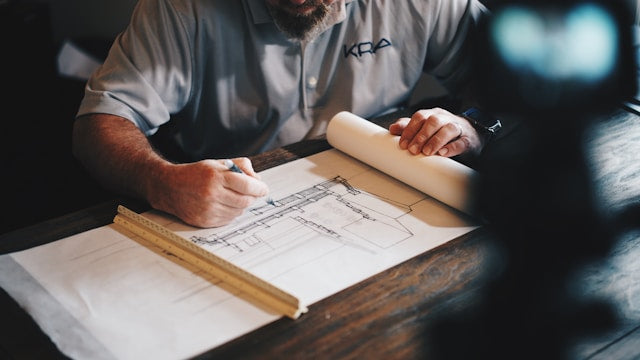
7 Top Quality Tips When Building or Remodeling Your Home
Building your own home or remodeling your current home can be an exciting and fulfilling experience, but it’s also much more stressful than you might think. There are so many little details to take care of from the initial planning stage all the way through to the finishing touches on the interior decorating and landscaping. It’s easy to get overwhelmed with all the decisions that need to be made and all the work that needs to be done, so here are seven top quality tips for building or remodeling your home.

1) Prioritize Budget
If you’re building a home, keeping costs in mind is vital. There are so many things that add up when you’re designing a new place from scratch. Think about how you want to use your space and how much it should cost and then prioritize accordingly. Set a budget for yourself for important items like countertops, cabinetry, flooring and appliances—and be sure to stick to it! Do your research: Before even thinking about hiring an architect or builder, you need to know what options are available to you and which will fit into your budget. Plan around current trends but avoid being too trendy—in most cases, outdated features won’t hold their value long term and can become a headache later on down the road. A general rule of thumb is to never choose anything that you haven’t seen or touched before. If something seems too good to be true, it probably is. Hire professionals: While you might think DIY projects are a great way to save money, keep in mind that if done incorrectly they could end up costing more than hiring someone else to do them properly. It may also take longer than expected and have unexpected setbacks along the way.
2) Get A Qualified Contractor
It’s no secret that remodeling and building your home can be an expensive process. With all of your hard-earned money going into something you will live in for a long time, it’s best to make sure that things are done correctly. As such, always hire a contractor who is insured and licensed for any job you may need done. If anything goes wrong with work that hasn’t been contracted out (such as plumbing repairs), these professional contractors are more likely to have higher coverage from insurance companies than most homeowners would have. Many things can go wrong when constructing or remodeling a home; using qualified professionals can help make sure those things don’t turn into expensive disasters.
3) Be A Part Of The Decision-Making Process
It's easy to rely on a professional to provide you with all of your building and remodeling information, but getting involved in that process can be much more valuable. You'll likely have valuable insight into what type of space will be useful and why. And if you're contracting with an architect or designer, knowing what you want will make working together much easier. It’s also important to remember that architects, contractors and designers won't always have exactly what you need in mind when they come up with ideas. If there are certain elements of a project that are must-haves for you, it's important that those elements are not only incorporated into your home but considered during planning stages.
4) Order Enough Materials
If you’re having a contractor do your work, always order materials in advance. This gives him time to buy items at a bulk discount and for you to save money by avoiding last-minute price hikes. If you’re planning to take on most of the work yourself, give yourself plenty of time to hit big home improvement stores before they close on Sundays and avoid placing orders online; many retailers charge huge delivery fees and you run a high risk of running out of certain supplies if they aren’t in stock when your package arrives. Also, whenever possible, buy products with as few parts as possible—simpler construction means less opportunity for mistakes. And, if you have to buy large quantities of any product (for example, carpeting), don’t assume that it will be available later should you need more than what was initially delivered. Buy extra now so that you won’t have to make another trip to purchase more later. Finally, check local building codes before making any major purchases—you might be required to use only approved wiring or plumbing products and may need other permits as well.
5) Do An Advance Schedule And Budget For The Project
Before you hire any contractors, get quotes and estimates in writing. This way you'll have time to really analyze each quote before picking a builder. By doing your research in advance, you'll get a good idea of who can give you quality work at a fair price. Once your contractor is chosen, he should be able to help schedule your project according to his availability, not yours. To make sure things stay on track and on budget (and even if they don't), do an advance schedule and budget for your project so that there's no confusion later about how much everything will cost.
6) Hire Help Whenever Necessary
Getting help is cheaper and faster than doing everything yourself. If you want your project to go quickly, you’ll need professionals—from electricians and plumbers to carpenters and painters. Keep in mind, projects will take more time than you initially thought - you can't expect to paint two rooms in a day if you have only one 8-hour session with a painter! Also be prepared for hiccups: Things will go wrong, so plan for more time than you expect. Finally, have backup plans in case some elements of your home are not built as expected (or are not up to code). No matter how carefully you plan, there will always be last-minute snags; don’t let them ruin your renovation.
7) Complete The Project On Time
One of the biggest reasons that projects go over budget is because of poor time management. It’s easy to take on a project, and try to rush through it in order to save time, but in reality you are likely costing yourself more money by attempting to cut corners and move too quickly. To avoid rushing your project, and ultimately saving more money, stay on schedule and be realistic about how long you think it will take you. As an added bonus, projects that are completed on schedule help create a better work-life balance as well!














